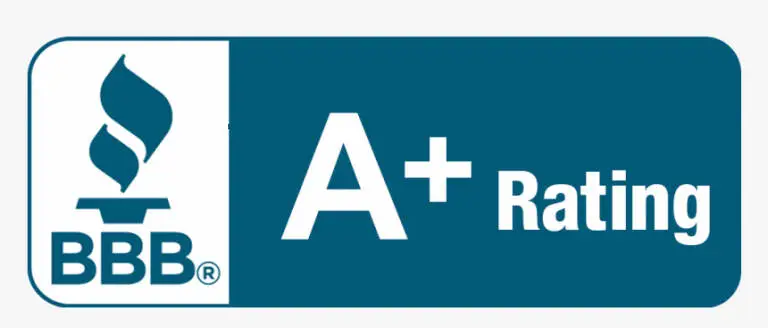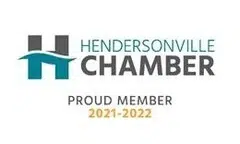Blog
What Type of Landlord Insurance Do you Need to Fully Cover Your Nashville Investment Property?
Lee Blackburn

For many landlords and even for professional real estate investors, a rental property is one of the biggest investments that will ever be made. There’s a lot of money sitting in your property, and that’s why protecting it is so critical.
One thing that’s absolutely mandatory when you’re renting out property is insurance. As a landlord, you need to know what type of insurance is required, and why it’s important.
Homeowners vs. Landlord Insurance
If you have been living in the home that you now intend to rent out, you will have to do a bit of housekeeping with your insurance policy. Convert your homeowner’s insurance policy to a landlord policy. The homeowner’s insurance you have been using only covers you as an owner/occupant, but it doesn’t cover you when you put a tenant in place. Speak to your agent or your insurance company to make this change. Otherwise, potential claims may be denied.
A good landlord policy will cover your dwelling and your own liability. The dwelling coverage will pay to rebuild or replace your home in the event of a loss. Other structures on your property will also be covered, such as fences, garages, or storage sheds. The liability portion of this policy is essential because you’ll need to be covered if your tenant or a tenant’s guest gets hurt while at your property. Someone could trip on the front walkway, break an ankle, and sue you for not maintaining safe steps.
Loss of Rent Coverage
You need loss of rent coverage in case your tenants need to move out of the home due to the home being inhabitable or in a state of repair. If a tornado comes through and damages your home to the point that your tenants need to be relocated, you won’t receive any rent during the time period that they cannot live there. However, you’ll still have a mortgage and other expenses to cover. Loss of rent will reimburse you for the rental income you’re not receiving.
Additional Insurance Considerations
Most insurance policies for landlord cover dwelling and liability and maybe loss of rent. There are a few other inclusions that can benefit you as you seek to protect your investment.
For example, insuring yourself for building code upgrades may be worth the low increase to your premium. If you need to repair or replace your home, you might find that the building codes have changed since your home was first built 20 or 30 or 50 years ago. You may need to upgrade your air ducts or your electrical system, and you’ll be covered for those increased costs with building code coverage.
Consider vacancy as well. Insurers have different ways of covering a property that’s vacant for more than 30 days. If your rental property is going to be vacant for a while during repairs or renovations, you might need to buy extra insurance to protect it until it becomes habitable.
Require Renter’s Insurance

We are not insurance agents, but we understand the importance of having a solid landlord policy in place. If you have any questions about Nashville property management or you need help with insurance, please contact us at Omni Property Management.









